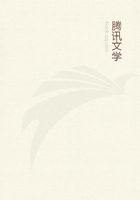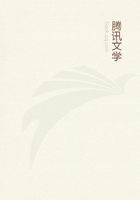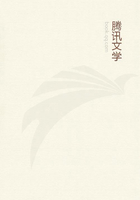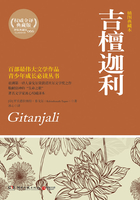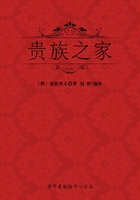Time study, with the implements and methods for properly making it.
Functional or divided foremanship and its superiority to the old-fashioned single foreman.
The standardization of all tools and implements used in the trades, and also of the acts or movements of workmen for each class of work.
The desirability of a planning room or department.
The "exception principle" in management.
The use of slide-rules and similar time-saving implements.
Instruction cards for the workman.
The task idea in management, accompanied by a large bonus for the successful performance of the task.
The "differential rate."
Mnemonic systems for classifying manufactured products as well as implements used in manufacturing.
A routing system.
Modern cost system, etc., etc.
These are, however, merely the elements or details of the mechanism of management.Scientific management, in its essence, consists of a certain philosophy, which results, as before stated, in a combination of the four great underlying principles of management:(7*)When, however, the elements of this mechanism, such as time study, functional foremanship, etc., are used without being accompanied by the true philosophy of management, the results are in many cases disastrous.And, unfortunately, even when men who are thoroughly in sympathy with the principles of scientific management undertake to change too rapidly from the old type to the new, without heeding the warnings of those who have had years of experience in making this change, they frequently meet with serious troubles, and sometimes with strikes, followed by failure.
The writer, in his paper on "Shop Management," has called especial attention to the risks which managers run in attempting to change rapidly from the old to the new management.In many cases, however, this warning has not been heeded.The physical changes which are needed, the actual time study which has to be made, the standardization of all implements connected with the work, the necessity for individually studying each machine and placing it in perfect order, all take time, but the faster these elements of the work are studied and improved, the better for the undertaking.On the other hand, the really great problem involved in a change from the management of "initiative and incentive" to scientific management consists in a complete revolution in the mental attitude and the habits of all of those engaged in the management, as well of the workmen.And this change can be brought about only gradually and through the presentation of many object-lessons to the workman, which, together with the teaching which he receives, thoroughly convince him of the superiority of the new over the old way of doing the work.This change in the mental attitude of the workman imperatively demands time.It is impossible to hurry it beyond a certain speed.The writer has over and over again warned those who contemplated making this change that it was a matter, even in a simple establishment, of from two to three years, and that in some cases it requires from four to five years.
The first few changes which affect the workmen should be made exceedingly slowly, and only one workman at a time should be dealt with at the start.Until this single man has been thoroughly convinced that a great gain has come to him from the new method, no further change should be made.Then one man after another should be tactfully changed over.After passing the point at which from one-fourth to one-third of the men in the employ of the company have been changed from the old to the new, very rapid progress can be made, because at about this time there is, generally, a complete revolution in the public opinion of the whole establishment and practically all of the workmen who are working under the old system become desirous to share in the benefits which they see have been received by those working under the new plan.
Inasmuch as the writer has personally retired from the business of introducing this system of management (that is, from all work done in return for any money compensation), he does not hesitate again to emphasize the fact that those companies are indeed fortunate who can secure the services of experts who have had the necessary practical experience in introducing scientific management, and who have made a special study of its principles.It is not enough that a man should have been a manager in an establishment which is run under the new principles.The man who undertakes to direct the steps to be taken in changing from the old to the new (particularly in any establishment doing elaborate work) must have had personal experience in overcoming the especial difficulties which are always met with, and which are peculiar to this period of transition.It is for this reason that the writer expects to devote the rest of his life chiefly to trying to help those who wish to take up this work as their profession, and to advising the managers and owners of companies in general as to the steps which they should take in making this change.

